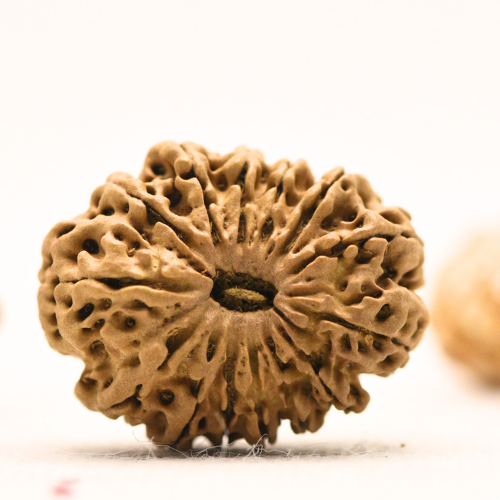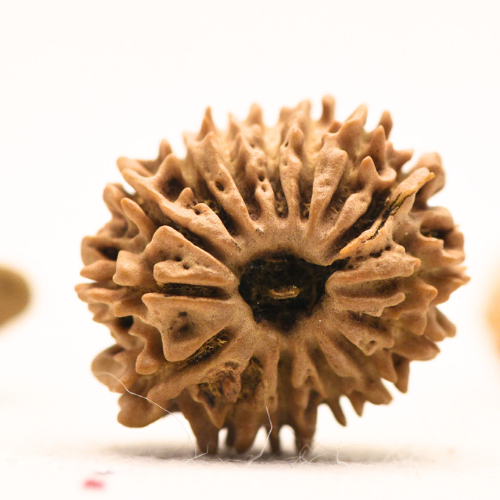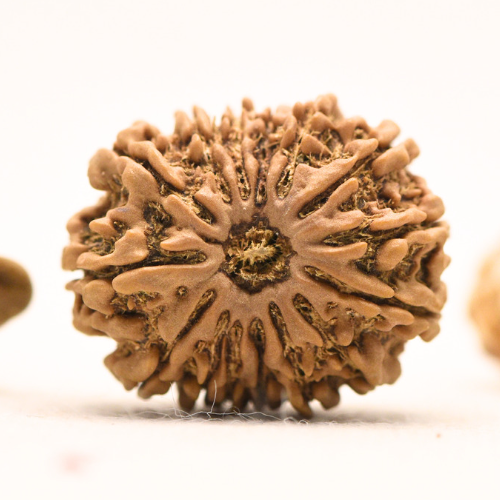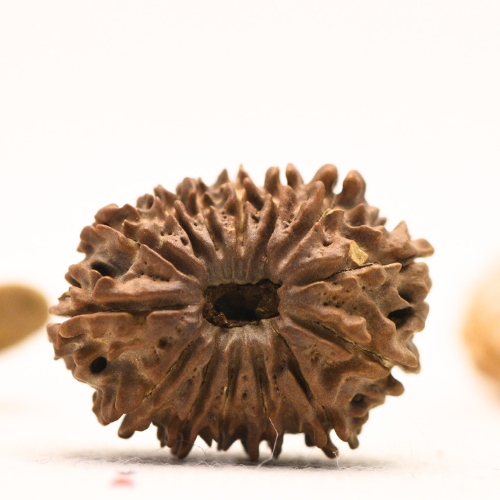The Significance of Rin/runa (Dharmic Debt)
Since its foundation in 2003, Adiyogi Rudraksha and Gemstones has been at the forefront of the online gemstone market, championing the cause of authentic and spiritually potent Indian Gemstones or Navaratnas and a vast array of Rudrakshas
Rin/Runa, according to Adiyogi Rudraksha and Gemstones, incorporates the concept of spiritual debt, not only to the deities but also to environment and community. The company sees its position in providing authentic Rudrakshas and gemstones as part of its spiritual mission to assist people eliminate their karmic debts.
Rin, Rina, or Runa denotes debt, while Rin Mochan signifies debt repayment. Rin and Rin Mochan are two key principles in Sanatan Dharma. Rin refers to a person's spiritual and moral debt to others. The Bhagavad Gita, one of the most fundamental Hindu scriptures, addresses the concept of Rin and Rin Mochan. According to the scripture, if a person accumulates a substantial amount of Dharmic Rin, they will be reincarnated in a lower form of life until they settle their obligation. The Gita also mentions Rin, which is a type of bondage that can bind a person in the cycle of birth and death. Dharma refers to a person's moral and ethical duties. Fulfilling one's dharma (moral responsibility) allows one to return their Rin and progress toward spiritual emancipation. In Dharma, a person not only accumulates Karmic debt by his Karma (actions), but he also owes several forms of debt when he or she is born as a human. Human birth is a blessing, and individuals owe the universe in various ways for the opportunity to experience this world. Types of Rins/runas in Hinduism.
It is every being's responsibility to pay off his Dharmic debt. Failure to repay these obligations results in a variety of problems and calamities both in this life and the next. Different scriptures and schools of thought mention various sorts and quantities of Runas. Some specify three Runas, while others say four, five, or six. The three most frequently acknowledged runas are Deva Runa, Pitru Runa, and Rishi Runa; however, other scriptures specify Pancha Maha Runas, which include Manushya Runa and Bhuta Runa. Still, certain scriptures mention Matru Runa, as well as Brahma Runa, which is actually another name for Rishi Runa.
The following are the six most frequently accepted Runas of Sanatan Dharma.
Deva Runa - Dev Runa is debt to the gods.
Pitru Runa - Pitru Runa is a debt to the father/ancestor.
Rishi Runa is indebted to Sages/Teachers.
Matru Runa is indebted to Mother.
Manushya Runa is indebted to other humans.
Bhuta Runa is a debt to the environment/elements.
How Do I Repay Different Dharmic Debts?
According to Vedic literature, there are ways to repay various Runas.
Pitru Runa (Rin)- Pitru Runa (Rin) is cleared when one honors his elders; performs final rites for the father upon his death and Shraddh for departed ancestors.
Matru Runa (Rin) is a debt owed to one's mother. This Runa (Rin) cannot be repaid, and a person is always obliged to their mother.
Dev Runa (Rin)—Dev Runa (Rin) is repaid with worship and Bhakti of Gods and Goddesses.
Rusha Runa (Rin) This Runa (Rin) is repaid with a person living his life according to the teachings and wisdom of sages, acquiring knowledge and passing it on to others.
Manushya Runa (Rin) refers to the debt owed to other humans. This Runa (Rin) is repaid by engaging in charity, donating to the underprivileged, and treating people with compassion and respect.
Bhuta Runa (Rin) is the obligation owed to the environment or society. This Runa (Rin) is repaid by planting trees, loving and caring for animals, and not damaging our environment.
Aside from performing these activities to repay Dharmic Debts (Rin Vimochana), it is also recommended to perform Rin Vimochana Puja and Havan. In this puja, we pray to Laxmi Devi and Narsimha Bhagwan, chant the Run Vimochana Mantra, and perform Homa according to Vedic Vidhi to resolve your Dharmic Debts.





